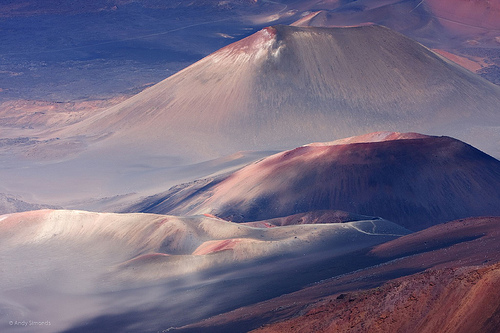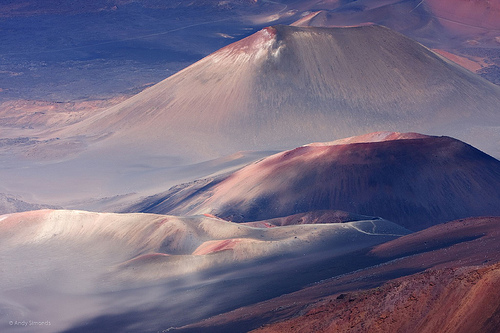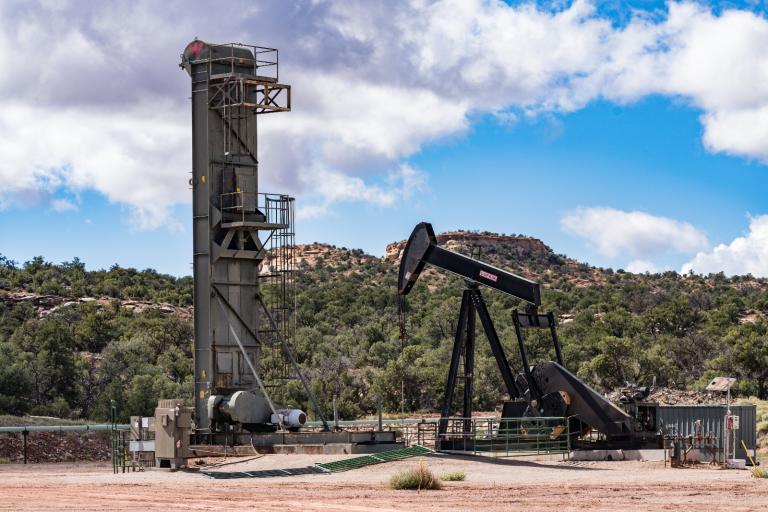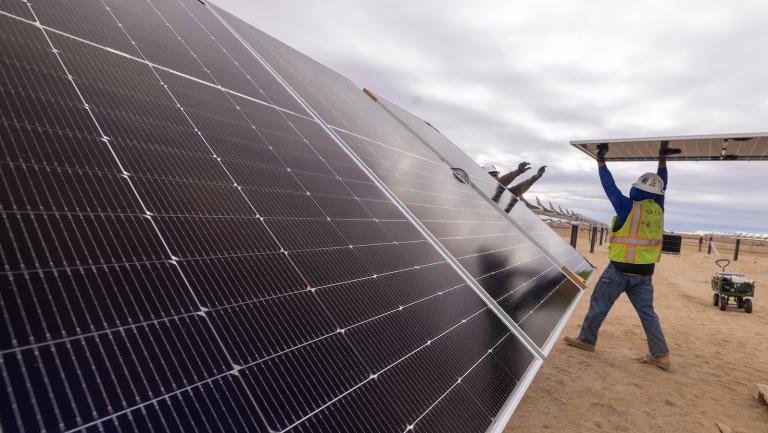 Haleakala National Park in HawaiiPhoto courtesy Simonds via FlickrHawaii’s state legislature established a climate change task force last week to study the potential impacts of rising sea levels, eroding coast lines, ocean acidification, fiercer storms, and other expected affects of climate change, and to suggest response strategies.
Haleakala National Park in HawaiiPhoto courtesy Simonds via FlickrHawaii’s state legislature established a climate change task force last week to study the potential impacts of rising sea levels, eroding coast lines, ocean acidification, fiercer storms, and other expected affects of climate change, and to suggest response strategies.
Lawmakers overrode a veto by Republican Gov. Linda Lingle, who said the state couldn’t afford the project and that such task forces “study issues but rarely produce tangible results.” The bill diverts $50,000 a year from a state tourism fund to support the task force.
In June, the federal government’s major Global Climate Change Impacts in the United States report forecasted severe effects on U.S. Pacific islands if climate change continues unchecked.
From the Hawaii bill:
The legislature finds that global warming poses a serious threat to the economic well-being, public health, natural resources, and environment of Hawaii. The potential adverse effects of climate change include a rise in sea levels, resulting in the displacement of businesses and residences and the inundation of Hawaii’s freshwater aquifers, damage to marine ecosystems and the natural environment, extended drought and loss of soil moisture, an increase in the spread of infectious diseases, and an increase in the severity of storms and extreme weather events.
See also: An editorial on climate change and Hawaii from Friday’s Honolulu Star-Bulletin.




